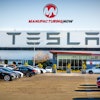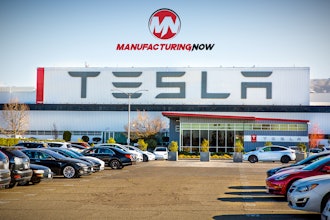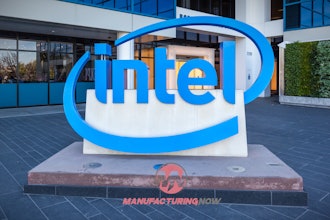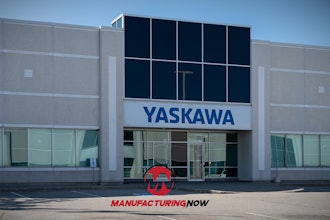In a move likely to break the hearts of the Big 3 automakers, Tesla has been given a new designation: out of 70 auto plants in the country, its Fremont factory was determined to be the most productive last year.
Bloomberg reported that Tesla’s only operational U.S. factory was able to churn out an average of 8,550 vehicles each week in 2021. Compared to its peers, Toyota’s Georgetown, Kentucky, plant came in right on Fremont’s heels at a rate of 8,427 cars per week. But some notable names were a little further down that list, including Ford’s famous Dearborn, Michigan, campus, which produced just 5,564 vehicles per week.
Tesla’s Fremont plant has a rich history in auto production, opening in the 1960s and utilized for different ventures over the years by both GM and Toyota. Tesla purchased the plant in 2010 and has since packed it to the gills. Despite the EV maker being mocked for its unorthodox production tents, Tesla’s 2021 was a record-breaking year for the company in terms of deliveries and profits, and in the face of historic challenges for the automotive market — so they must be doing something right?
Yes, but they might also be doing something wrong. Some experts point to a never-ending deluge of crises that the automaker faced throughout 2021. In addition to a few notable recalls and some understandable delays on new models, Engadget senior editor Andrew Tarantola points out that Tesla had some sizable COVID outbreaks on its production lines in Fremont.
But all this didn’t stop Elon Musk and crew from churning out .85 cars per minute in Fremont. Is it sustainable? Maybe so … and then some. That’s because Tesla’s Gigafactory in Austin, Texas, is due to open sometime in early 2022 and should feature more than 4 million square-feet of production space.






















